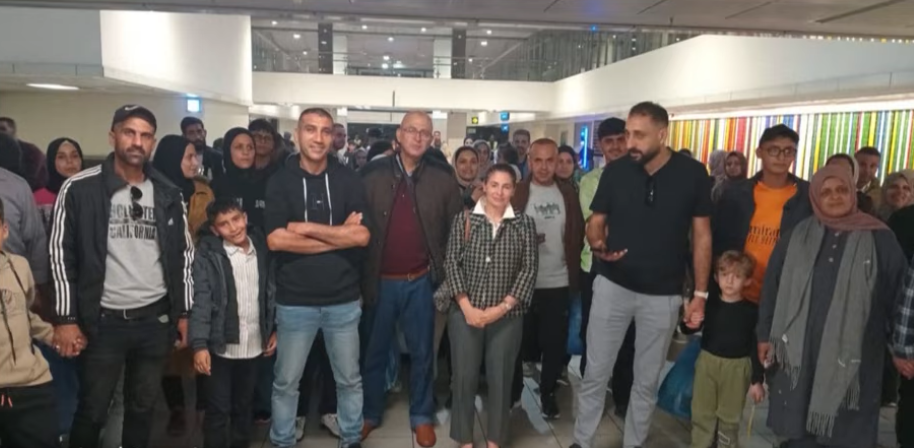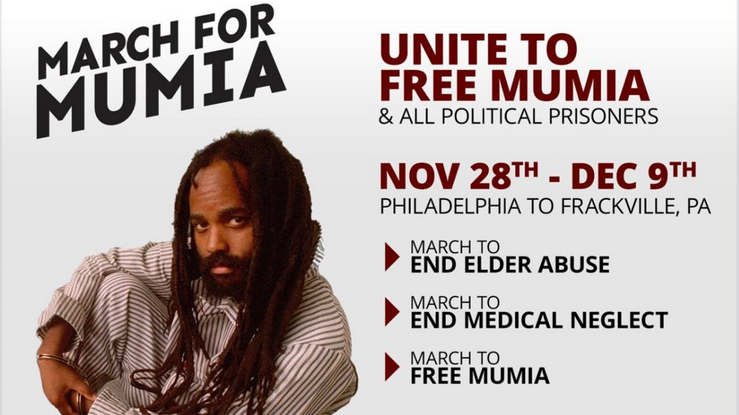Aug. 15, 2016 (GIN) – At their meeting next month in Geneva, the U.N. Committee on the Rights of the Child will review reports detailing the obstacles, risks and challenges imposed by governments that limit the prospects for children to succeed.
Among the countries to be reviewed is Sierra Leone whose ban on admitting pregnant girls to mainstream schools was the subject of a briefing paper called “Shamed and Blamed.” Submitted by Amnesty International, it faults the policy expressed by Minister Minkailu Bah that “visibly pregnant girls would be a negative influence to other innocent girls.”
Earlier this year, an “alternative education initiative” was launched to reach the more than 14,000 teenage girls who became pregnant during the Ebola crisis, including 11,000 who were in school before the outbreak, according to a study by UNFPA.
But the home study and alternative schools program give a lesser standard of education, say critics, and some of the girls are saddened by their exclusion from their former schoolmates.
“I miss going to my normal school. I miss playing and talking with my friends,” said Adama Conteh, 19, who was in her second year at Junior Secondary School when she became pregnant.
Students in the alternative classes are still not allowed to take exams to get into senior secondary school or college if they are visibly pregnant, and there are no alternative options for that, notes Amnesty International.
West African Amnesty researcher Sabrina Mahtani urged the government to protect the right of girls to continue on in mainstream schools and take exams equally with others, should they wish to do so.
The alternative curriculum must also be monitored to determine its quality, she said. Currently, classes are held just three times a week for a couple of hours.
But Olive Musa of the Ministry’s non-formal education program was doubtful that Amnesty’s recommendations could be implemented.
“I do not think it is morally right, and considering the culture we have, we are yet to reach that point for accepting that if you are visibly pregnant, you can take exams with those who are not. Of course in college, universities, no one cares, but at that tender age, people will want to frown on it,” Musa said.
Amnesty countered: “In Sierra Leone education is being treated as a privilege that can be taken away from girls as punishment for getting pregnant, rather than as the right of all children. The banning of girls from mainstream school and from taking exams is a human rights violation with long-term implications in a country where just 52% of girls aged 15-24 are literate.
The ban on pregnant girls … creates additional obstacles for these girls to progress into further education or secure employment. The ban therefore risks that early pregnancy becomes the event that defines the rest of a girl’s life.” w/pix of alternative school






